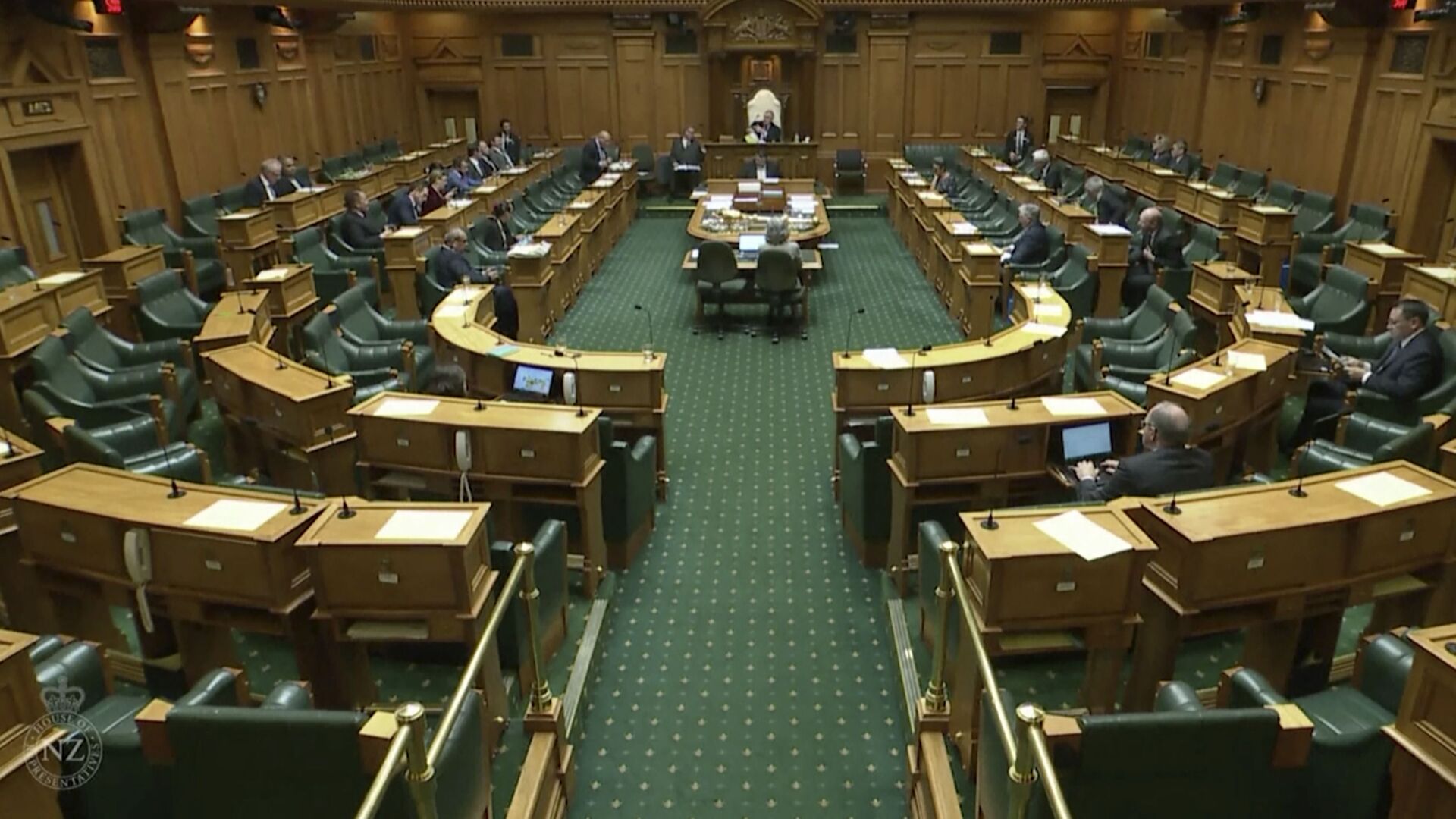https://sputnikglobe.com/20221205/new-zealand-wants-to-bind-google-and-alike-to-pay-for-local-news--1105045232.html
New Zealand Wants to Bind Google and Alike to Pay for Local News
New Zealand Wants to Bind Google and Alike to Pay for Local News
Sputnik International
Recently, government regulators have turned their attention to the relationship between major transnational Internet companies and local news content... 05.12.2022, Sputnik International
2022-12-05T10:46+0000
2022-12-05T10:46+0000
2022-12-05T10:46+0000
world
new zealand
new zealand labour party
information
google
https://cdn1.img.sputnikglobe.com/img/107677/59/1076775932_0:115:3000:1803_1920x0_80_0_0_34792118d05d1a6caff025314adba81d.jpg
According to a statement by Willie Jackson, New Zealand's minister of broadcasting, the country's Labour government is set to introduce a law that will require big digital platforms such as Google to pay local media companies for their content. The statement, which was released on Sunday, reads:According to the release, the law "will be designed as a backstop to encourage companies to reach high quality voluntary agreements in the first instance." The minister refers to similar practices in Australia (News Media Bargaining Code, already passed) and Canada (Online News Act, still in the hearings stage). He stresses that in both cases, large companies have made voluntary deals with local content producers to avoid the law being applied to them.As the Labour Party has a majority in New Zealand's Parliament, the law is expected to pass.A report issued on December 1 by the Australian Treasury claims that "the [News Media Bargaining] Code has been a success to date. Over 30 commercial agreements between digital platforms... and a cross section of Australian news businesses have been struck, agreements that were highly unlikely to have been made without the Code."*Meta is banned in Russia over extremism.
new zealand
Sputnik International
feedback@sputniknews.com
+74956456601
MIA „Rossiya Segodnya“
2022
News
en_EN
Sputnik International
feedback@sputniknews.com
+74956456601
MIA „Rossiya Segodnya“
Sputnik International
feedback@sputniknews.com
+74956456601
MIA „Rossiya Segodnya“
google will pay for news in new zealand, new zealand news media bargaining code, new zealand labour government initiative, what's with news in new zealand
google will pay for news in new zealand, new zealand news media bargaining code, new zealand labour government initiative, what's with news in new zealand
New Zealand Wants to Bind Google and Alike to Pay for Local News
Recently, government regulators have turned their attention to the relationship between major transnational Internet companies and local news content producers. Officials state that measures to secure local news publishers' sustainability are needed.
According to a statement by Willie Jackson, New Zealand's minister of broadcasting, the country's Labour government is set to introduce a law that will require big digital platforms such as Google to pay local media companies for their content.
The statement, which was
released on Sunday, reads:
“It’s not fair that the big digital platforms like Google and Meta* get to host and share local news for free. It costs to produce the news and it’s only fair they pay... The reduction in income of our media companies is having an impact on news creation with a significant decline in the number of journalists in New Zealand and a reduction in the production of local news content, so this move is also about helping to ensure we can keep producing New Zealand news and stories."
According to the release, the law "will be designed as a backstop to encourage companies to reach high quality voluntary agreements in the first instance."
"This is a pragmatic approach, consistent with how other countries are working to ensure local media get a fair price for the news they create. We hope the online platforms engage positively with it and reach high quality voluntary agreements that support local content generation, without the legislation needing to be used."
The minister refers to similar practices in Australia (News Media Bargaining Code, already passed) and Canada (Online News Act, still in the hearings stage). He stresses that in both cases, large companies have made voluntary deals with local content producers to avoid the law being applied to them.
As the Labour Party has a
majority in New Zealand's Parliament, the law is expected to pass.
A report
issued on December 1 by the Australian Treasury claims that "the [News Media Bargaining] Code has been a success to date. Over 30 commercial agreements between digital platforms... and a cross section of Australian news businesses have been struck, agreements that were highly unlikely to have been made without the Code."
*Meta is banned in Russia over extremism.


